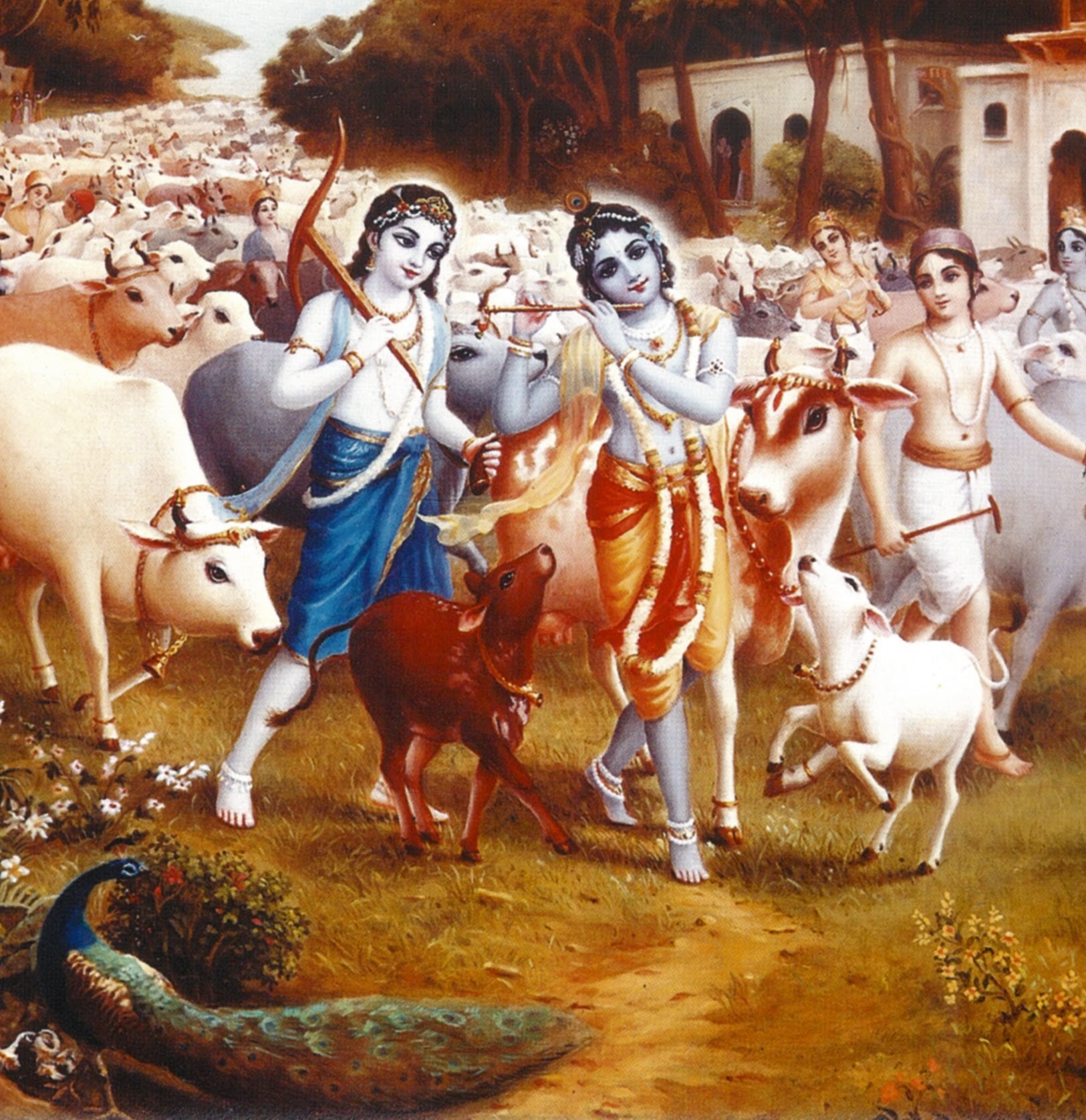One story from the book. To read more, buy the book
Once upon a time, a famous Sufi shaykh lived in old Baghdad. The shaykh was renowned for his charity and goodness. Aside from what he really needed, he gave away everything he received each day to the poor. So, his reputation among the common folk was outstanding.
Almost everyone loved him. Almost.
There was only one problem. Since he didn’t own any-
thing, he borrowed everything that he gave away each
day. So the shaykh was constantly in debt to many people.
Usually some generous person came to his aid whenever
he really needed it, but nonetheless he was always only
one step ahead of his creditors.
The shaykh was getting on in years, and just as things
are today, people became less and less willing to loan him
anything for fear that he might not be able to pay them
back. Nonetheless, the shaykh’s good reputation ensured
that there were always people who would loan him what
he needed. If nothing else, rich merchants were afraid to
let it be known that they were too stingy to give to a gen-
erous holy man. It might diminish their customer base.
Now it happened that the shaykh fell ill. And, day by
day, he seemed to be failing. The shaykh asked his murids
(students) to bring his bed into a small meeting hall in the
khanaqah, the Sufi gathering place where he and a few stu-
dents lived. The shaykh told them that he wanted to meet
his maker there.
Unlike many such edifices in the ancient Sufi world,
this khanaqah was a very modest, mud-brick affair. The
students’ rooms surrounded a central, domed mosque
and meeting hall, like a heart with two wings enclosing it.
His students gathered around the shaykh’s bed,
many of them with long faces, hoping for a final bless-
ing from the great man. The shaykh was smiling benef-
icently and breathing peacefully. Gradually, word
got out of the shaykh’s imminent passing, and many
other people from the neighborhood began to gather.
Among them were the shaykh’s many creditors. Instead
of a final blessing, the creditors had another object in
mind: repayment. They hoped that before the shaykh
died, he would manifest some miracle and pay them
what he owed.
One of them whispered into the ear of another.
“How much does he owe you?”
”One thousand gold dinars. You?”
→
“Only 500 silver dirhams, thank God! But it’s still
enough for me.”
The atmosphere in the room was very mixed, to say the
least: sadness, hope, expectation, anxiety, and a growing
undercurrent of whispering and grumbling.
“If he owed that much to you, why did he also borrow
from me?”
“Couldn’t he have paid me back with what he bor-
rowed from Ahmed? He can afford to lose 600.”
“It’s incredible! He owes all of us!”
In fact, the room was now overfull, and only the small
circle of students around his bed protected the shaykh
from the increasingly agitated and growing crowd of
creditors who edged nearer and nearer.
The shaykh’s breath became more and more refined,
until only those nearest him could tell whether he was
breathing at all. He motioned for one of his students to
come closer.
“What are all these others doing here?” he whispered
loudly.
“Master, Allah forgive me, but many of them say that
you owe them money.”
“Money? Oh, yes, yes . . . probably I do. It’s all in Allah’s
hands.”
“What does your master say?” asked one of the credi-
tors in a voice everyone could hear.
“The master says,” relayed the student, “that your
money is all in Allah’s hands.”
A loud moan went up from the creditors.
“In Allah’s hands? You know what that means!”
“I’m done for!” cried one.
“You? I’ll be bankrupt!”
Others also proclaimed their incipient destitution,
with increasingly cataclysmic predictions about what
would happen to their businesses, their families, the
whole community they supported! And so on. They began
to fight among themselves about who would be more
destitute.
“What are they all talking about?” the shaykh whis-
pered to his nearest student. “This is a house of prayer. It
has become increasingly noisy in here.”
“Forgive me, Allah, they say that they will be bankrupt.”
“No,” said the shaykh, “how can it be? I don’t believe it.
Ya Alim! Allah knows the truth.”
The students also became increasingly agitated. Not
only was this very embarrassing, but it might distract the
shaykh from giving them a final blessing. Or, looking at
things from an earthlier viewpoint, it might diminish the reputation of the khanaqah as well as their ability to
gather donations for it in the future. The students also
began to talk anxiously among themselves.
Just then, a very loud, high voice out in the street cut
through all the hubbub.
“Halvah! Nice sweet halvah! Who wants to buy some?
Best halvah in Baghdad!”
Because the voice startled everyone, they all stopped
talking for just an instant, but then at once went back to
their angst-ridden conversations.
The shaykh motioned to his closest student.
“Ask the boy to come in, let’s have some halvah,” he
rasped.
The student went out into the street and brought the
small boy in, who was carrying a large silver plate cov-
ered with many pieces of halvah.
“Boy, how much for your whole plate of halvah?” asked
the shaykh.
“This is my last plate of halvah for the day, and it’s the
best halvah in Baghdad. There isn’t any even close to this
quality in the whole world!” The boy had clearly been
well trained. “So, one silver dirham.”
“One silver dirham!” exclaimed the shaykh softly,
raising one eyebrow in disbelief. “Is the halvah made of silver? No, boy, we’re just poor Sufis here. And I’m dying.
I’ll give you half a silver dirham.”
The boy paused, but only for effect, since he knew that
the plate was worth only a half of that, and he would need
to bring his master back even less.
“All right. But only this once. Because you’re dying.
And because you’re holy people. Or so they say.”
“Share it all around,” the shaykh told the boy, whisper-
ing hoarsely as loudly as he could so that everyone heard.
“These are all my brothers and friends here. Let them
enjoy the sweetness, just as I am about to enjoy the sweet-
ness of heaven . . . inshallah (Allah willing)!”
The boy went around the room, offering halvah to
everyone, and by some chance (or indeed miracle), there
was enough for all. For some blessed moments, conversa-
tion stopped, with only the sound of chewing and smack-
ing of lips breaking the silence. Someone burped.
After a discreet pause, the boy approached the shaykh
for payment, holding his hand out.
“Money? You want money? Boy, as I told you, we’re
only poor Sufis here. I agreed to a price, but I didn’t say I
would pay you.”
The boy became furious. “You Sufi dogs! You would steal from a poor boy? What
kind of people are you? I will be short when I return to
the shop. Don’t you know that my master will beat me?
In fact, he’ll probably kill me! In fact, he’ll kill my whole
family! In fact . . .”
The boy went on in this vein, becoming louder and
louder, increasingly and genuinely hysterical, his voice
echoing through the mosque.
The creditors also went into an uproar.
“First he cheats us, now he cheats this poor boy!”
“Call the judge!”
“I’ll never offer a friendly loan, not to mention a char-
itable donation, to a Sufi again!”
The students turned bright red and turned to one
another, whispering frantically, unsure what to do.
“That’s it. The reputation of our whole order is ruined!”
“We’re done for!”
“Doesn’t anyone have a half a dirham?”
They began to search through their robes.
While all of this was going on, a messenger in richly
braided and brightly colored livery entered the room.
“Hey!” he yelled. “Which of you is the shaykh?” As mes-
sengers were trained to have loud voices in those days, everyone stopped for an instant, now aware that some-
one important had likely sent the messenger.
“He is,” said one of the creditors, pointing to the shaykh
on his bed.
As it happened, the messenger was also carrying a sil-
ver tray, this one covered with a silk cloth. He approached
the shaykh.
“Someone hired me ten minutes ago to send you this,
express delivery. For some reason, it had to be on a silver
tray. I don’t know who it was, but we work for an expen-
sive service, you know. Had to be someone rich.”
The shaykh, who had been resting with his eyes
closed during the melee, opened one eye and asked his
nearest student to remove the cloth and see what was
there.
Under the cloth were two packets also wrapped in silk,
one very large, the other very small. When the student
untied the larger packet, it was full of gold dinars, more
than he had ever seen. There was doubtless enough to
pay off all the shaykh’s creditors, plus enough to support
the khanaqah for some time.
When he untied the small packet he found it contained half a silver dirham. The shaykh instructed his students to repay all the
creditors, keep the rest, and give the half dirham to
the boy.
Everyone was astonished. The boy grabbed the money
and ran off with it before anything else crazy happened.
These Sufis!
The creditors wiped their brows and breathed a huge
sigh of relief. Then they began to protest to the shaykh
that, of course, they knew that he was a righteous man
and would make good on his debts, and to please pray for
them when he got to the other side—in other words, they
began to talk total nonsense.
The students were also relieved. Life would go on
without them needing to face disaster, like getting jobs
outside the khanaqah.
“Master,” asked one murid, “how did this happen?
How could anyone know about the halvah? And why did
he (or she) wait so long to bail us out?”
“Allah knows!” said the shaykh. “But I’ll tell you this:
all these creditors don’t really need the money. They are
all rich men many times over. Their distress was all an
act. Also, all of you are perfectly capable of making your
own way when I’m gone. You may only need to be a littleThe shaykh instructed his students to repay all the
creditors, keep the rest, and give the half dirham to
the boy.
Everyone was astonished. The boy grabbed the money
and ran off with it before anything else crazy happened.
These Sufis!
The creditors wiped their brows and breathed a huge
sigh of relief. Then they began to protest to the shaykh
that, of course, they knew that he was a righteous man
and would make good on his debts, and to please pray for
them when he got to the other side—in other words, they
began to talk total nonsense.
The students were also relieved. Life would go on
without them needing to face disaster, like getting jobs
outside the khanaqah.
“Master,” asked one murid, “how did this happen?
How could anyone know about the halvah? And why did
he (or she) wait so long to bail us out?”
“Allah knows!” said the shaykh. “But I’ll tell you this:
all these creditors don’t really need the money. They are
all rich men many times over. Their distress was all an
act. Also, all of you are perfectly capable of making your
own way when I’m gone. You may only need to be a little. more . . . ingenious. It was only the boy who had real
need. You could hear it in his voice.
“When a real cry from the depths of the heart goes
out, then Allah always answers. Try to find more genuine
need in yourself. Then you will be on the inner path.”
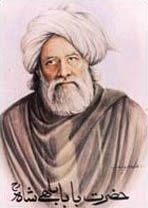
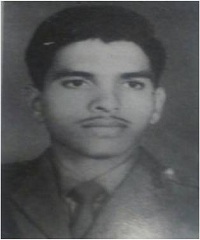
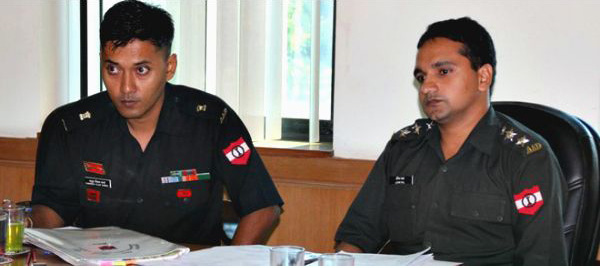
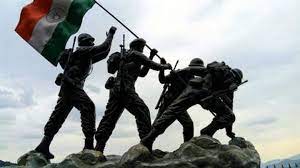
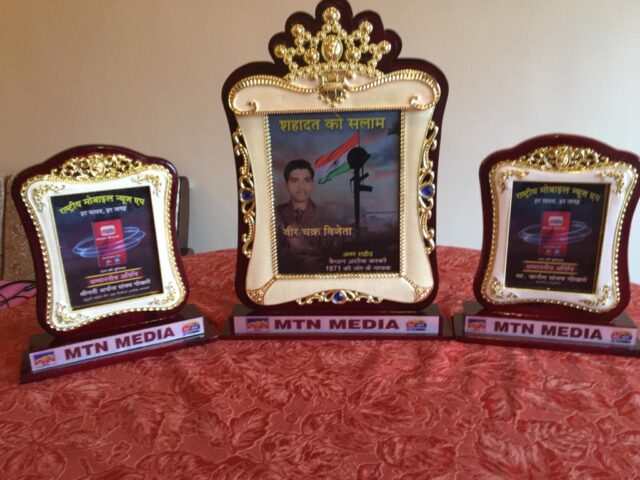
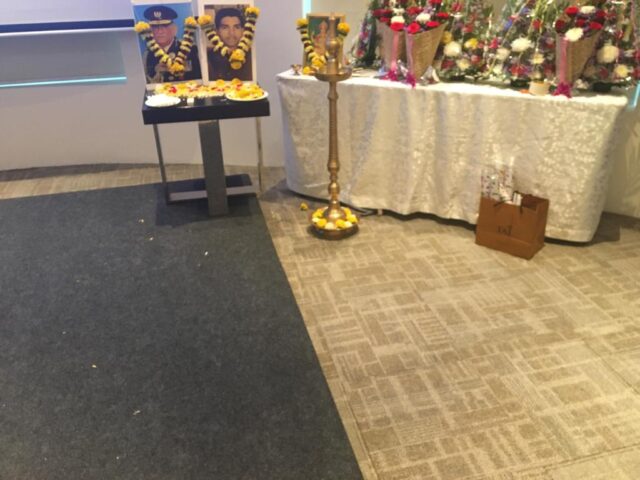
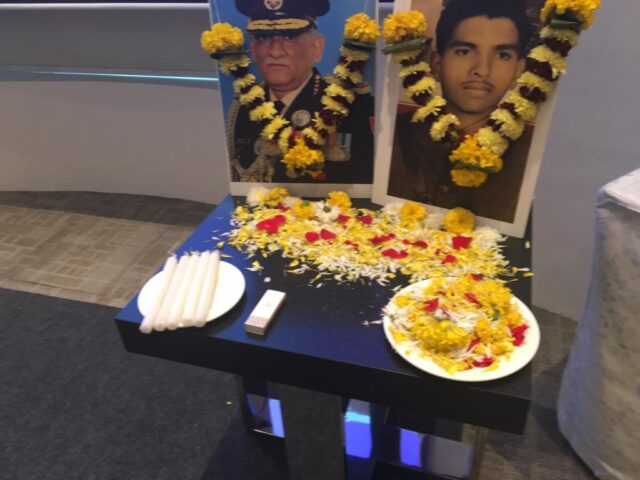


 Today
Today